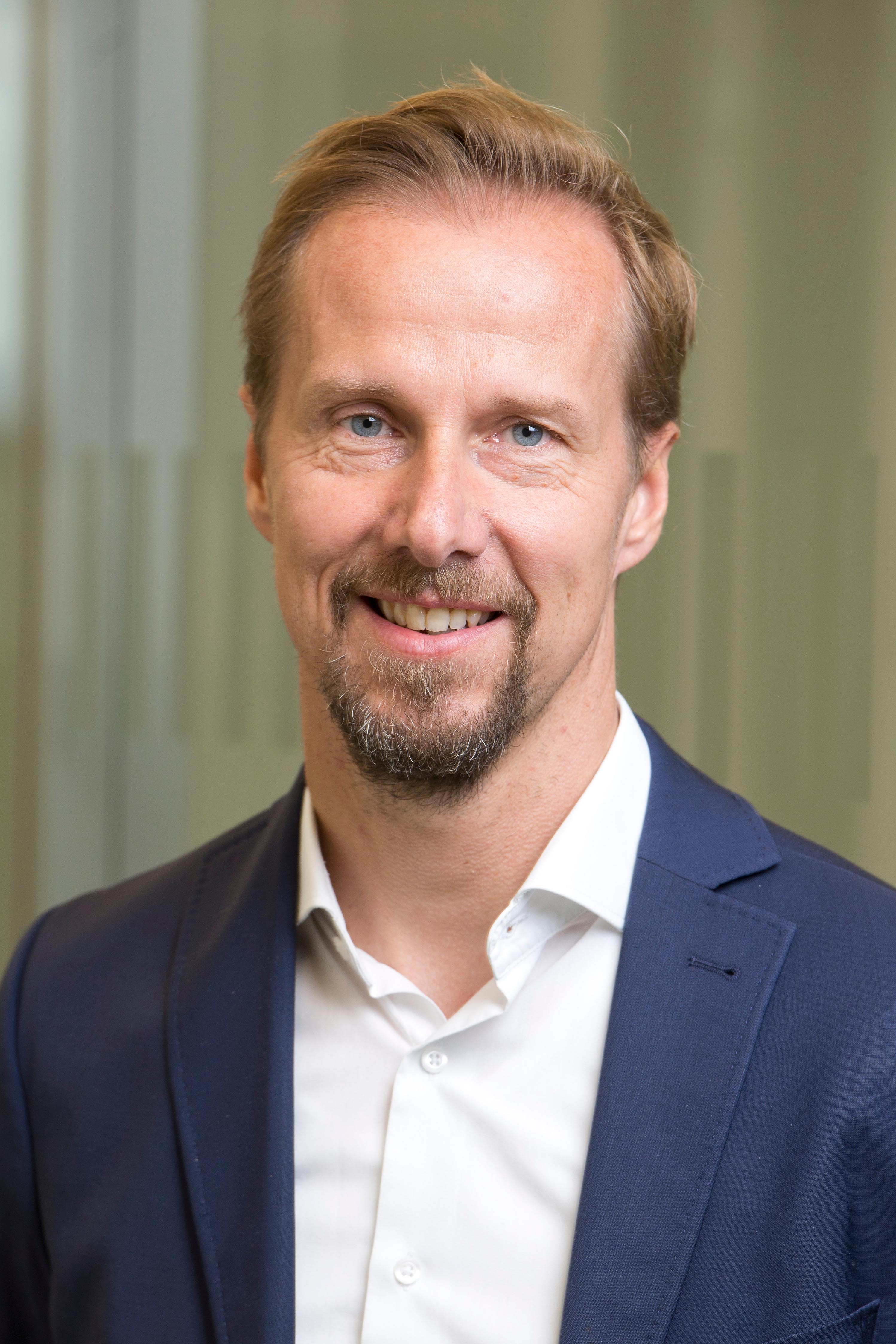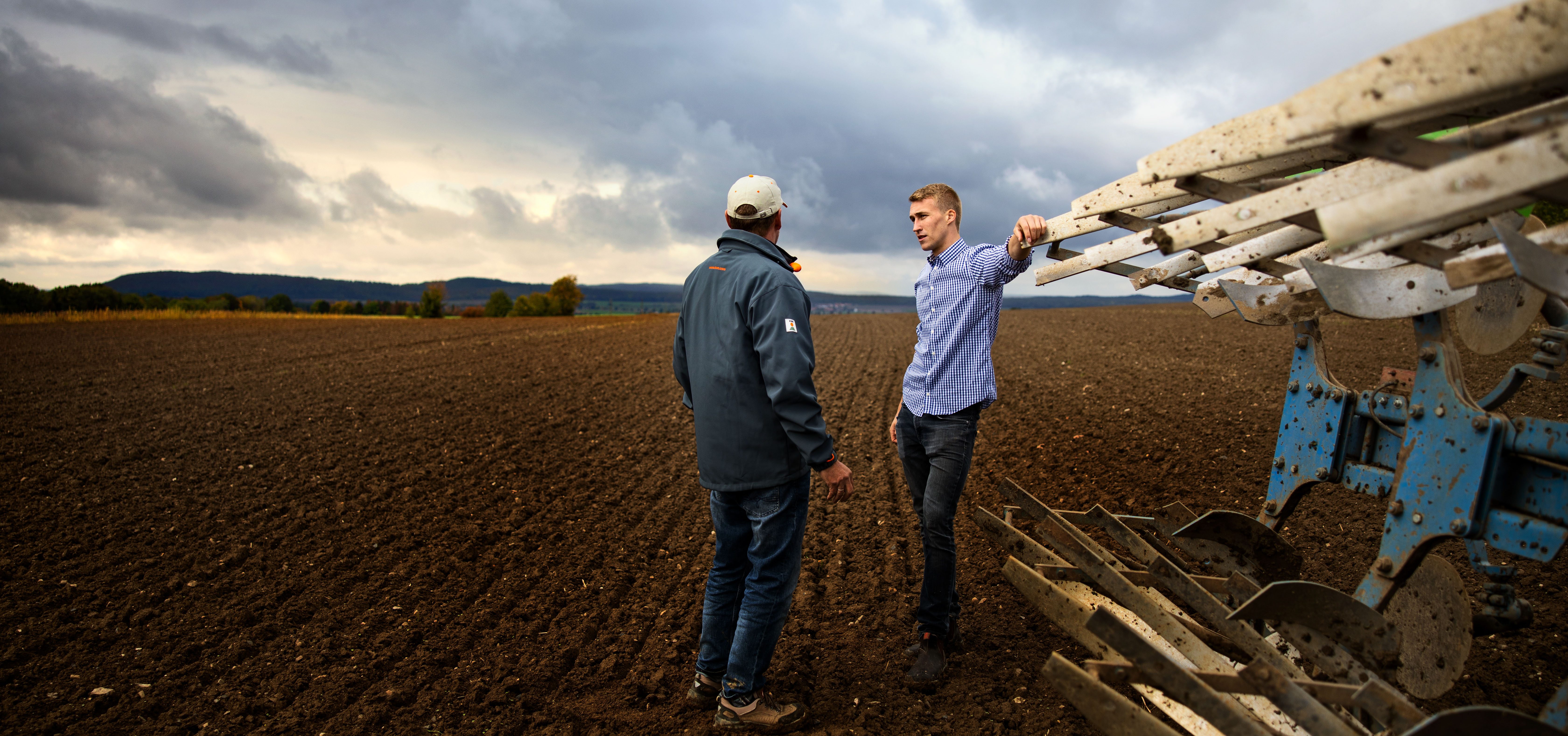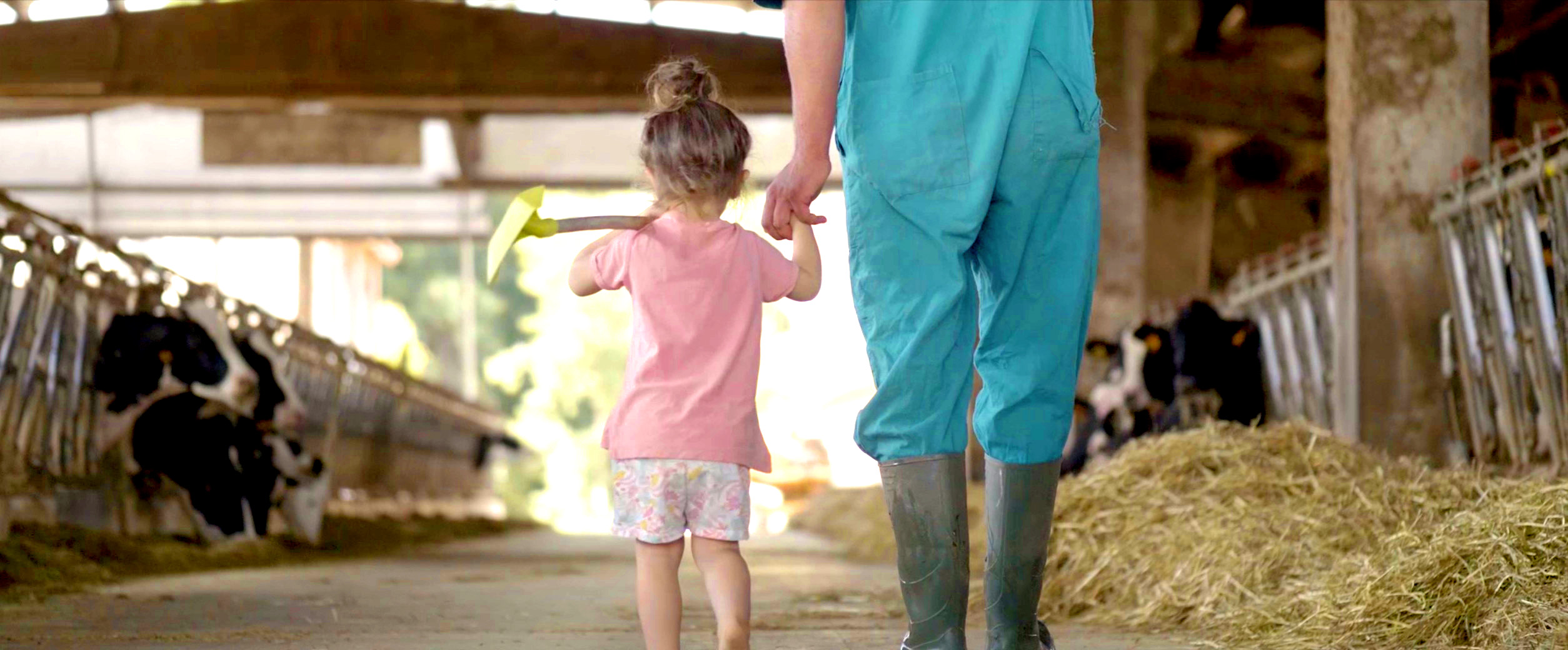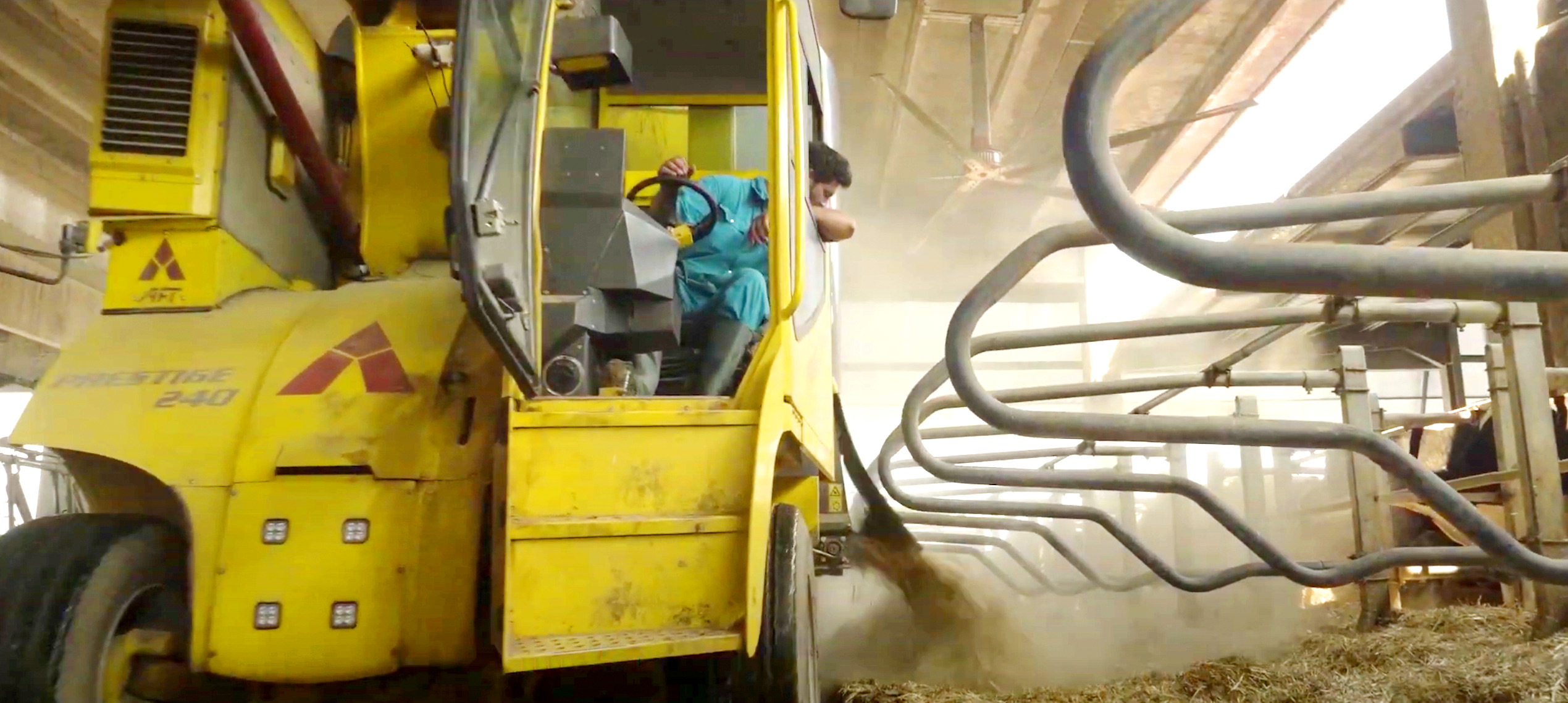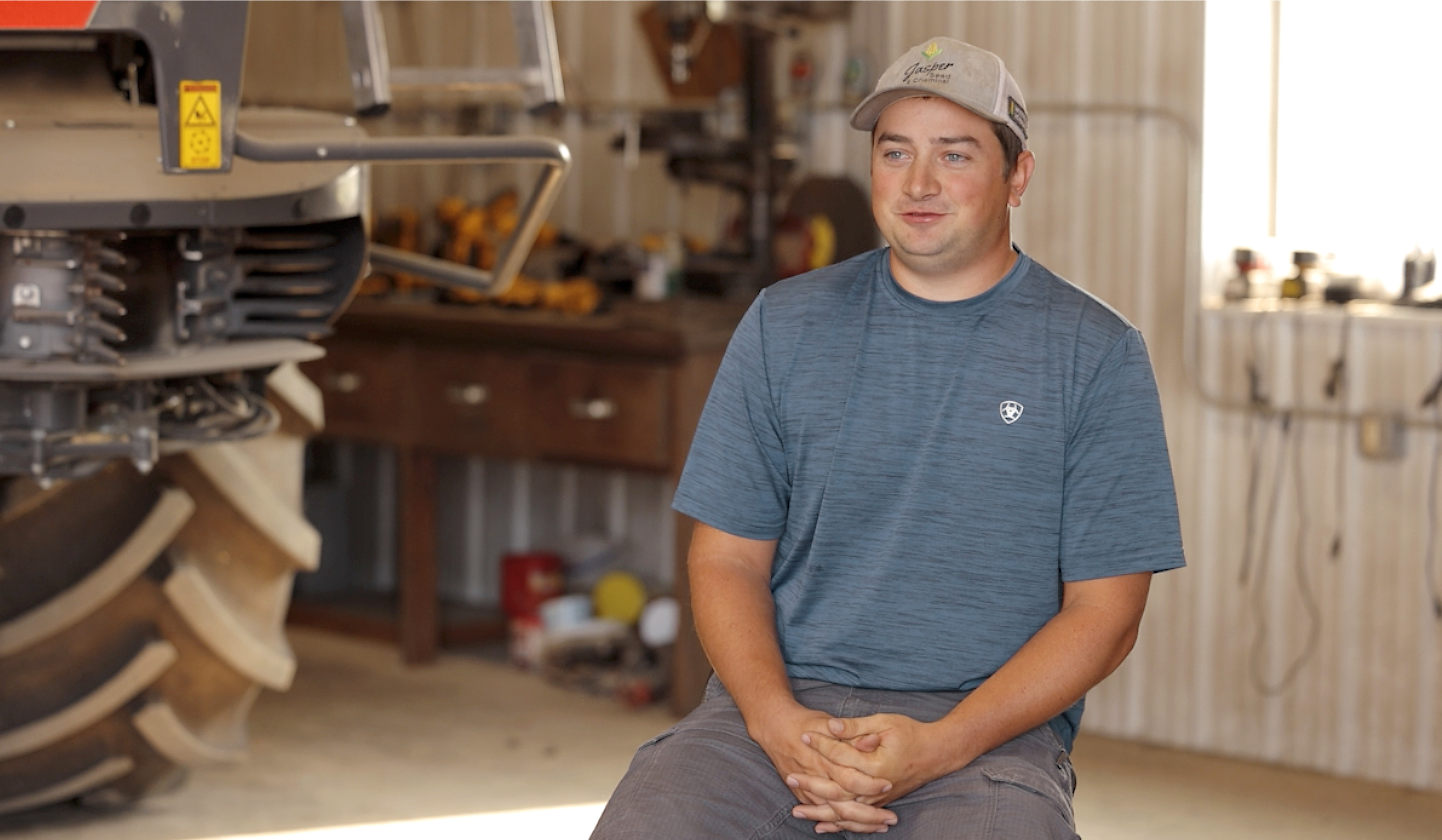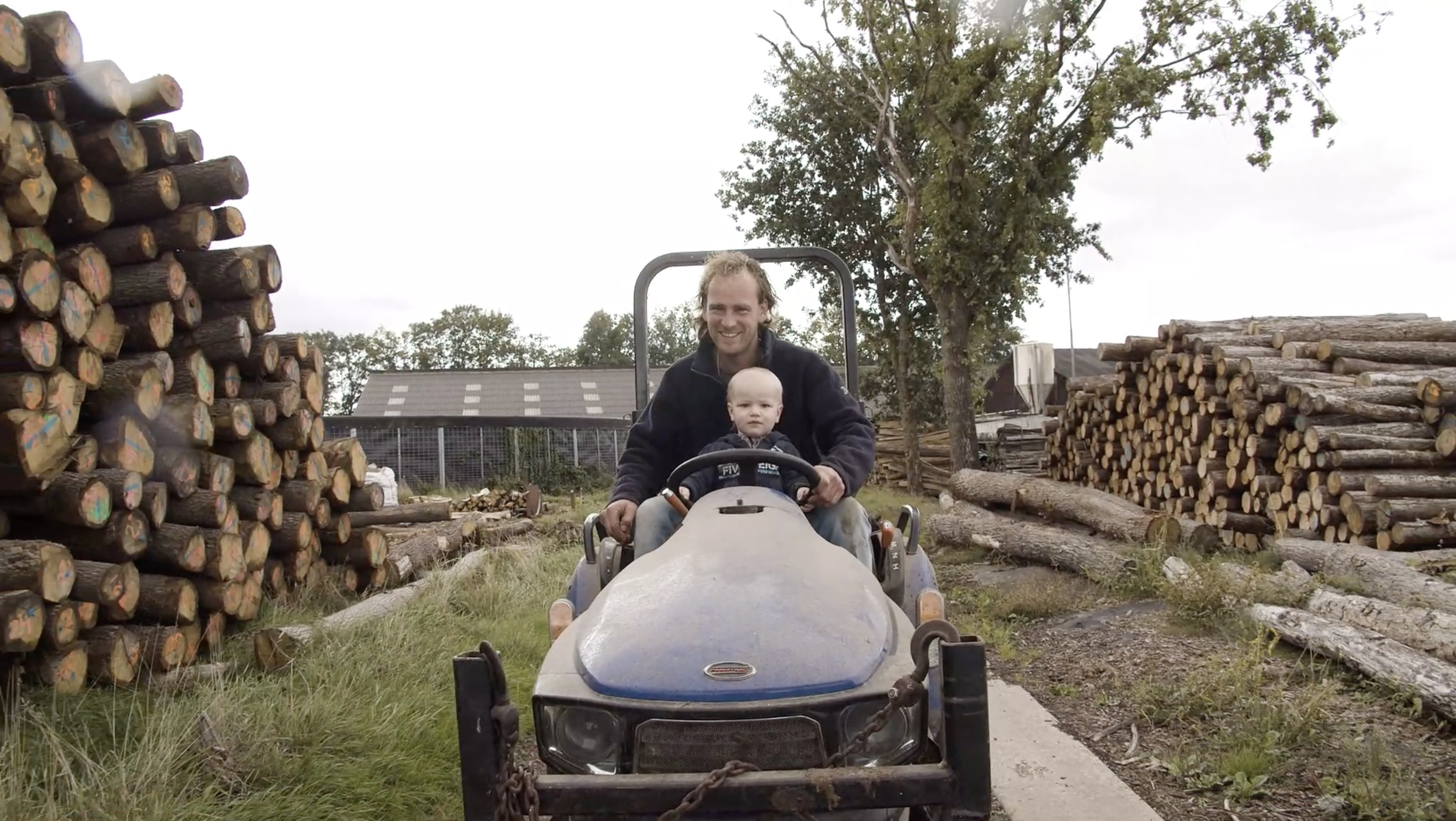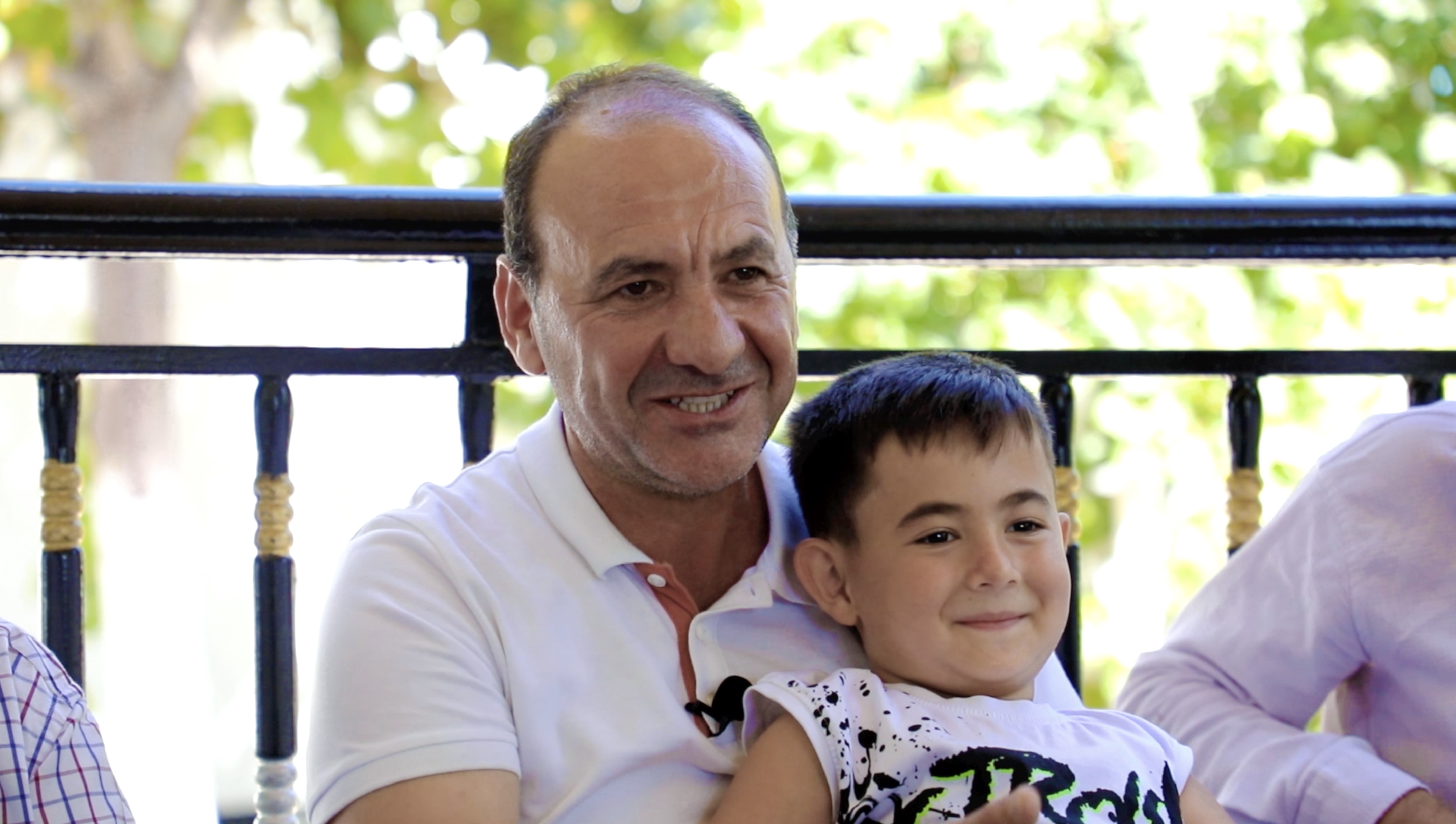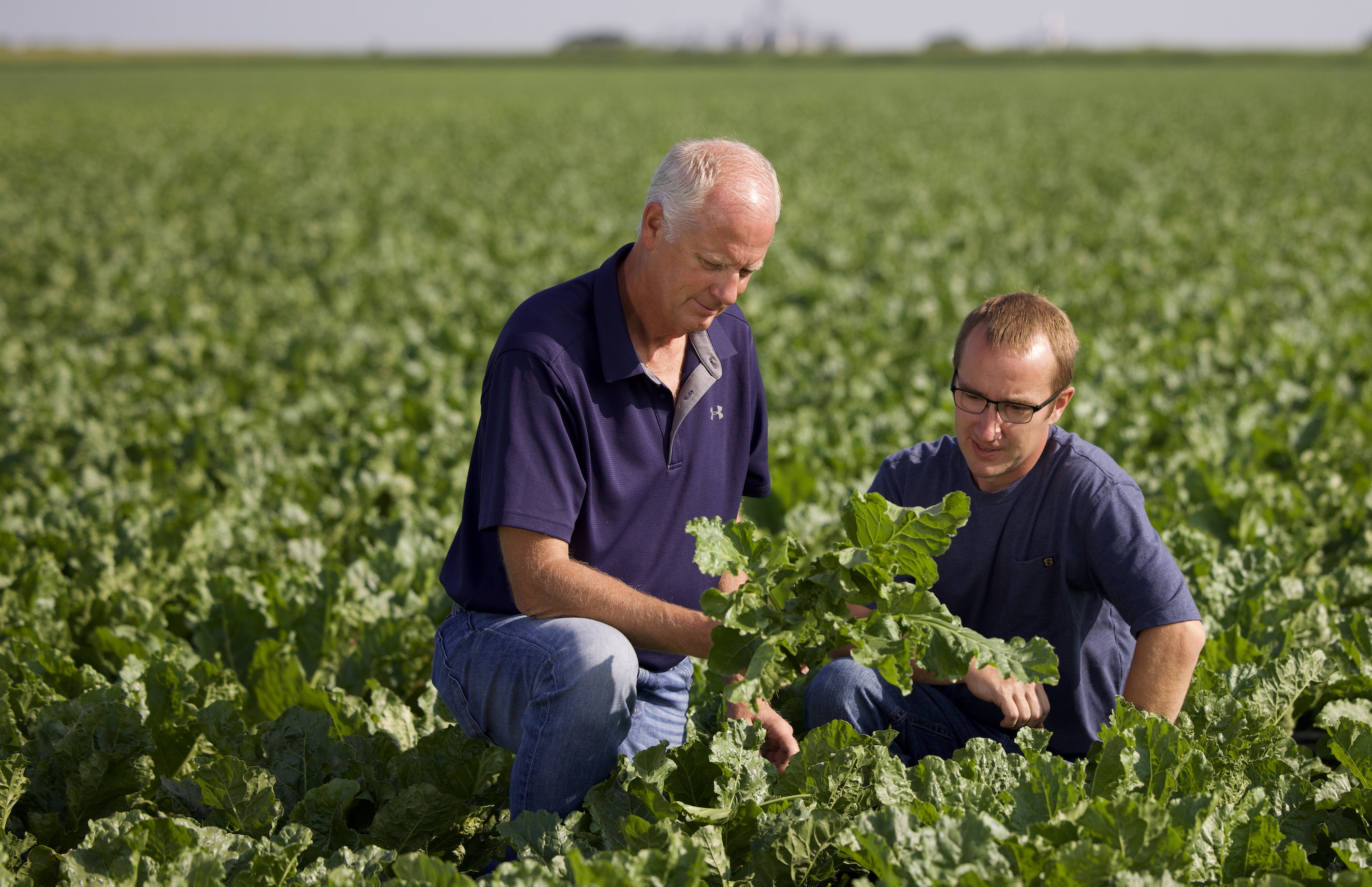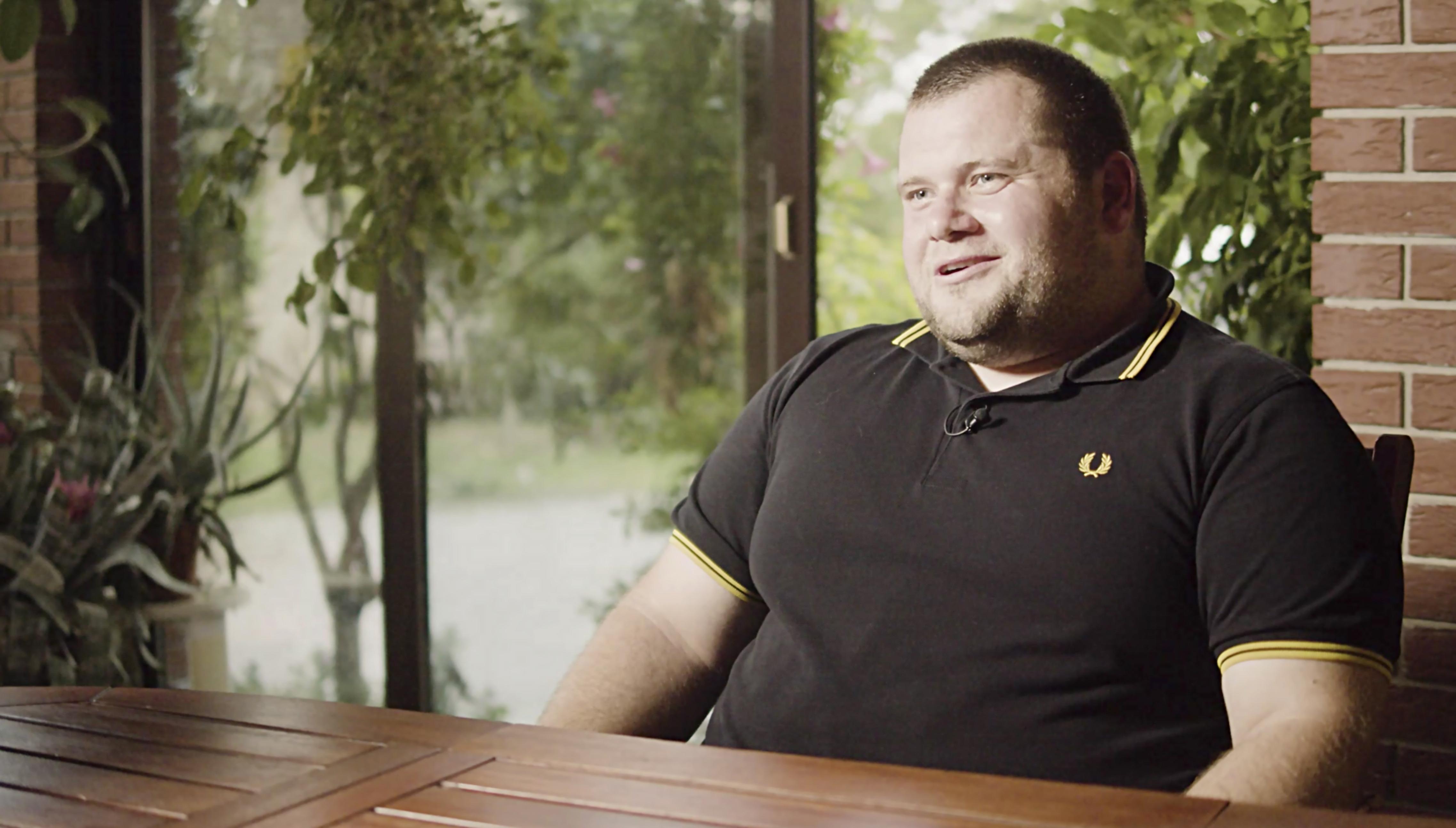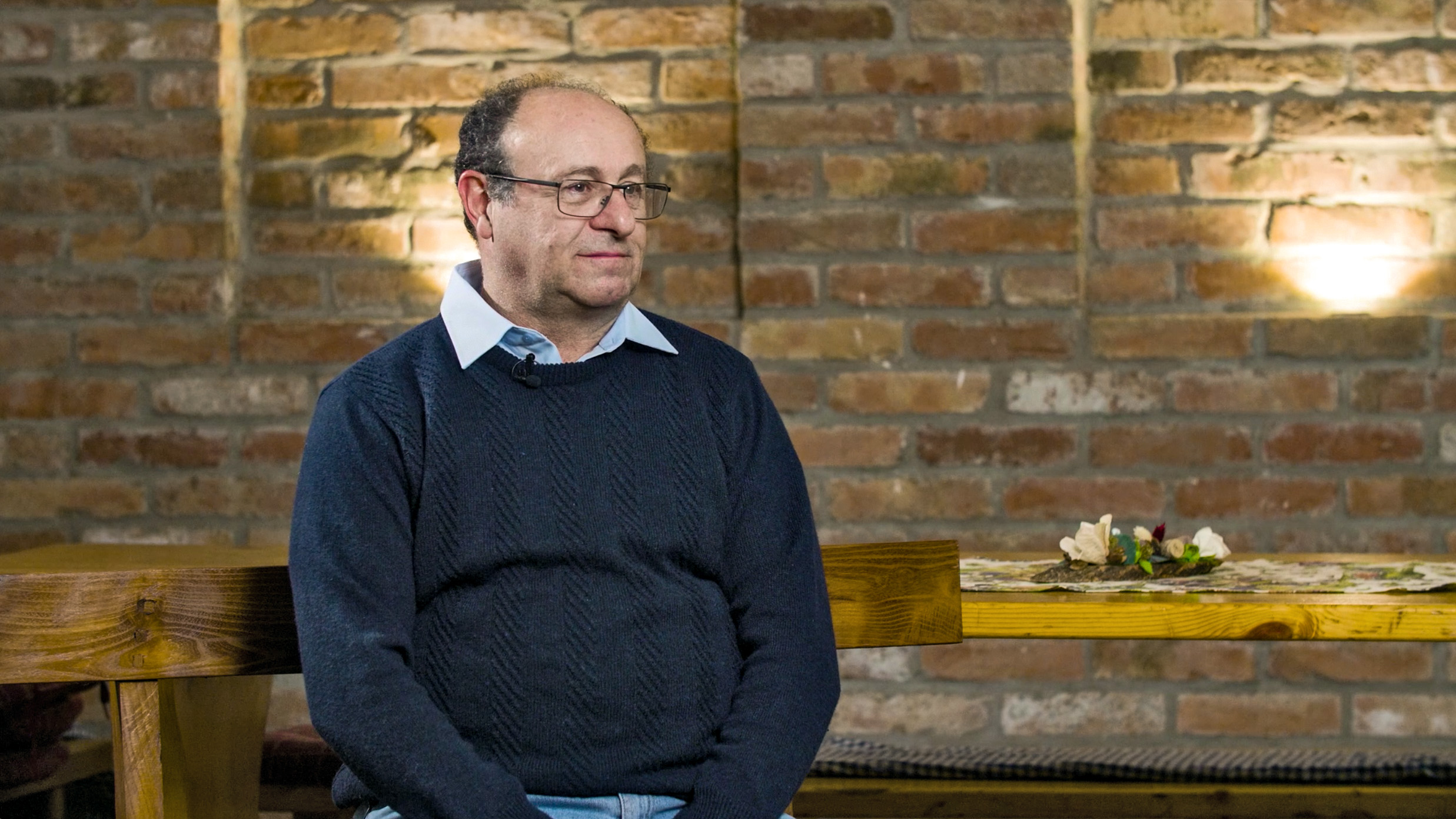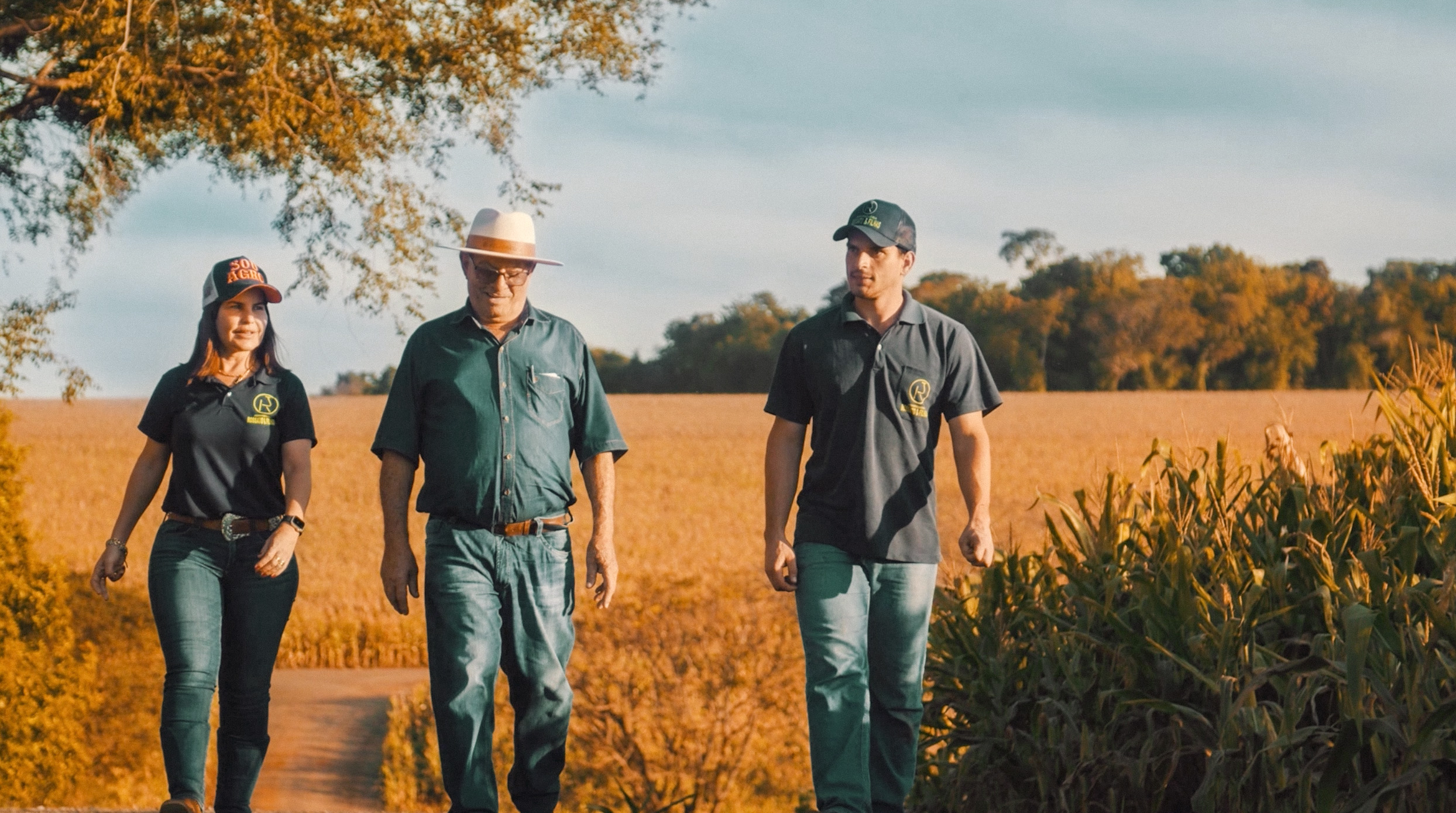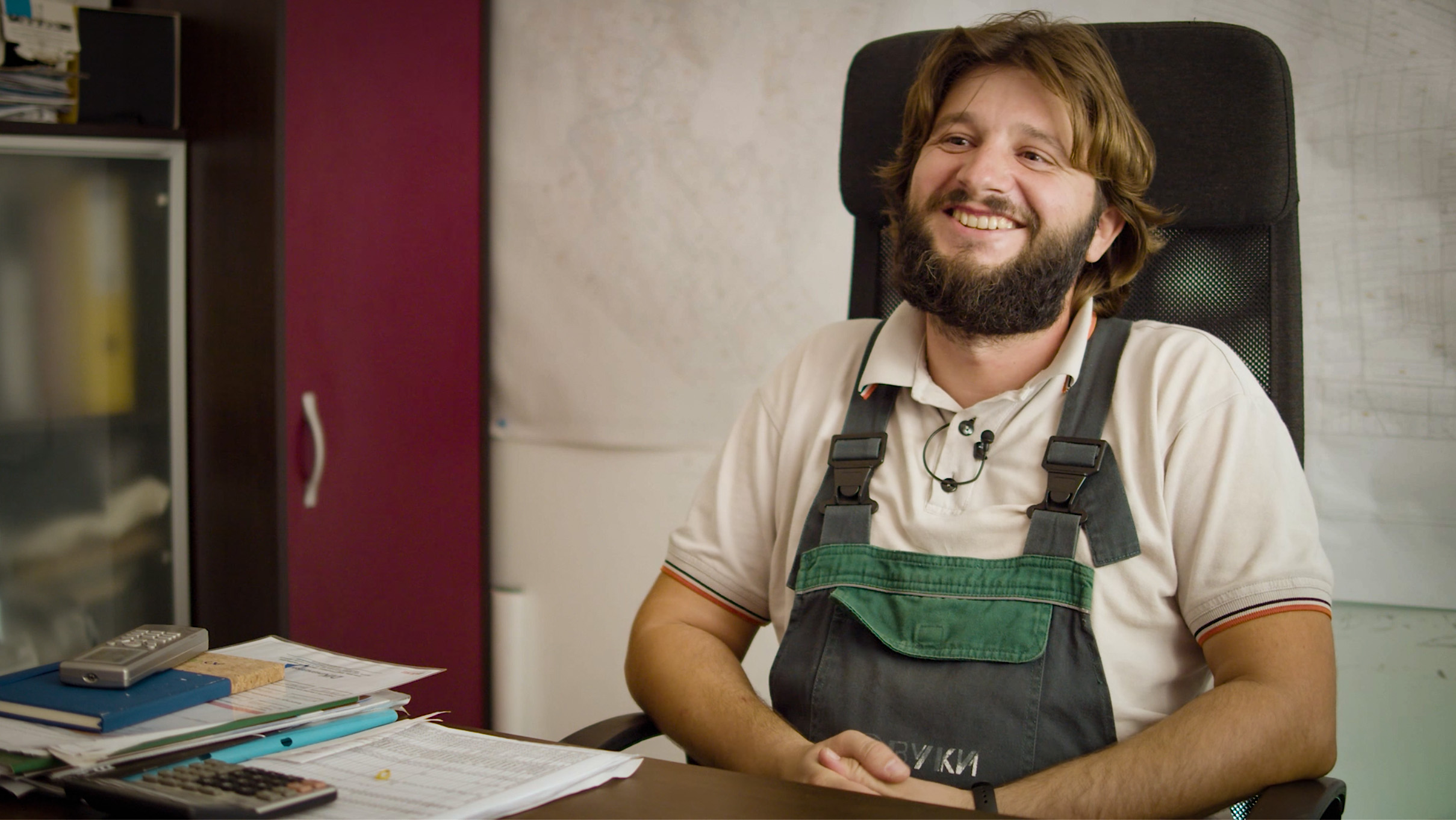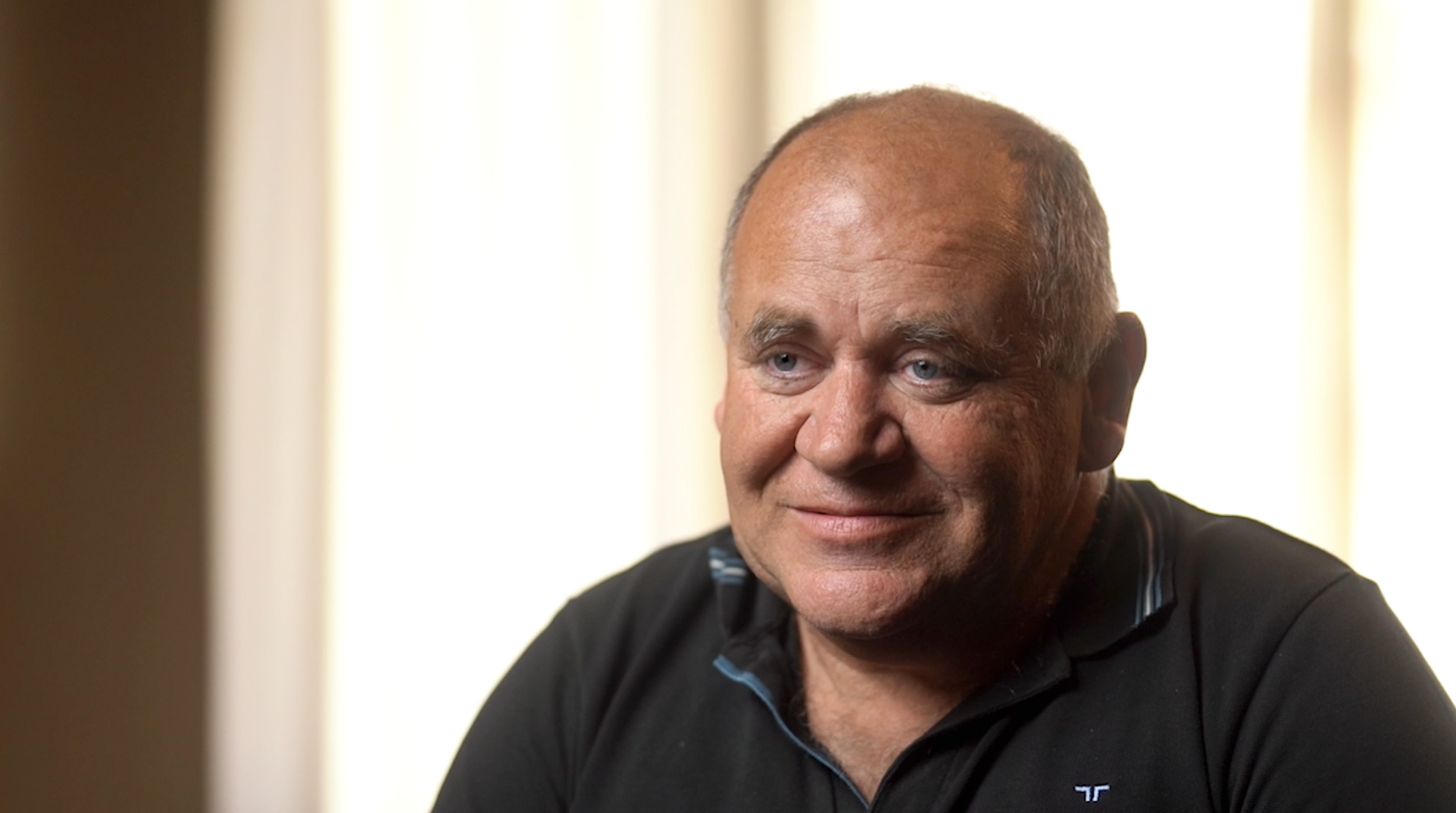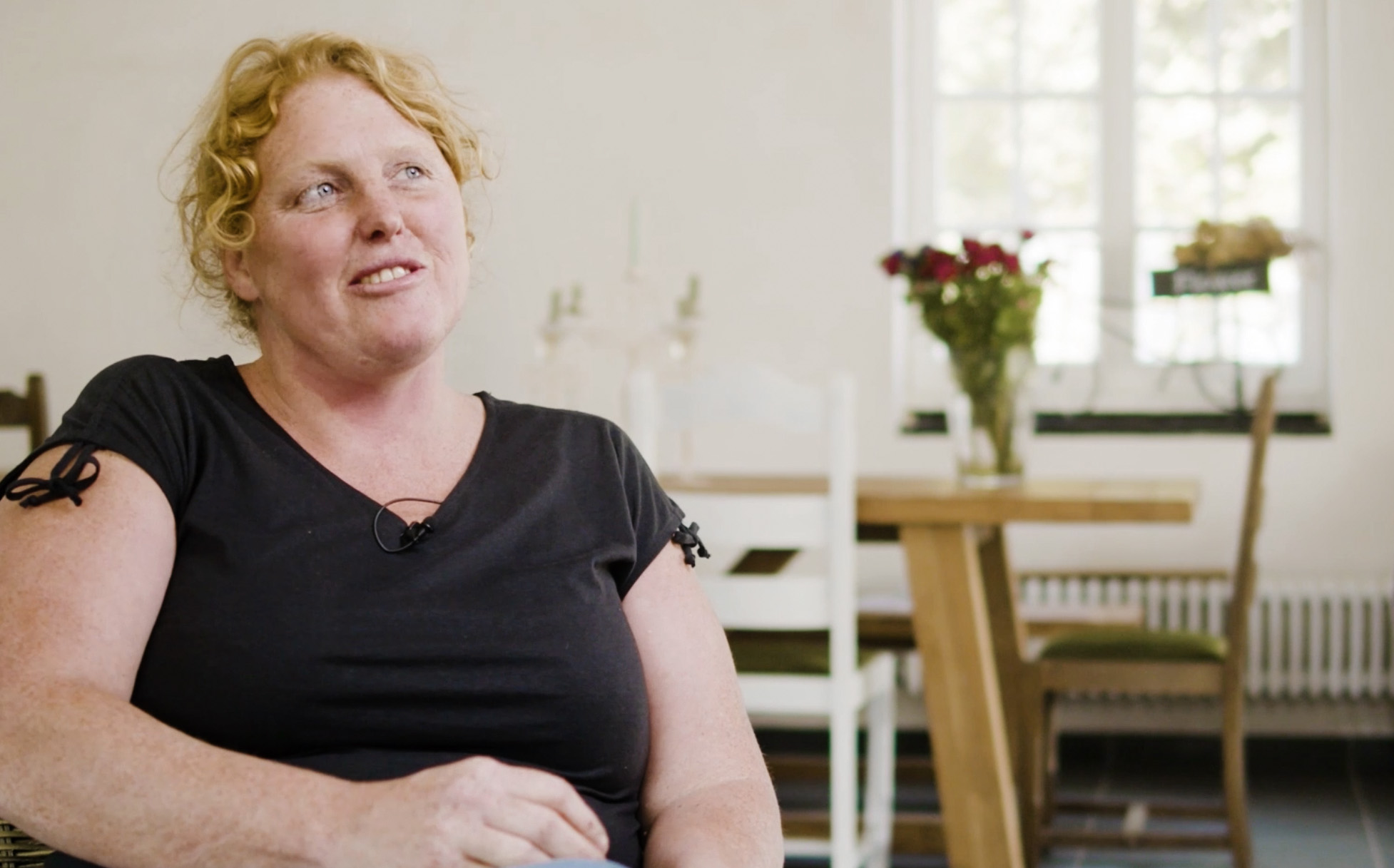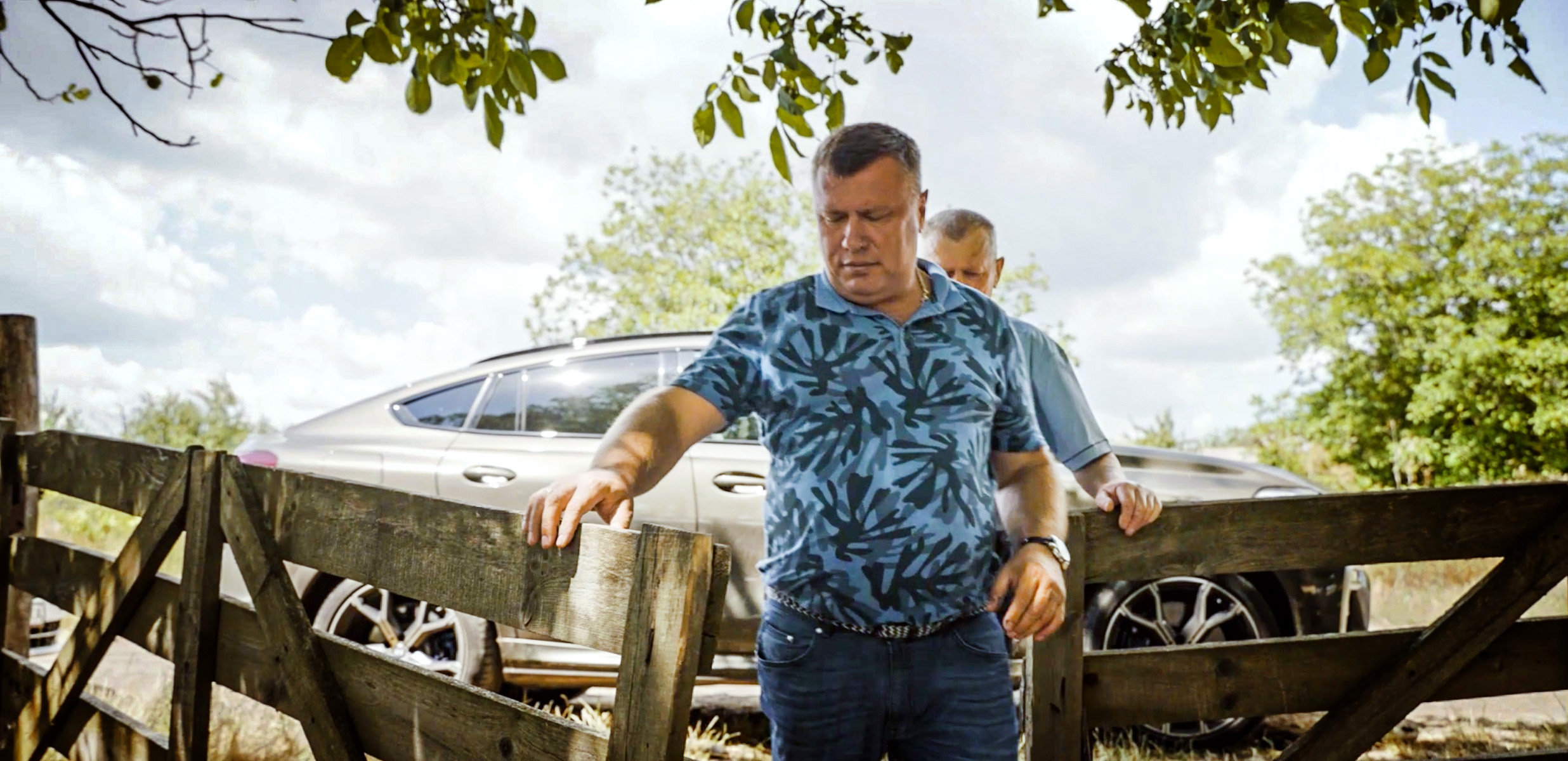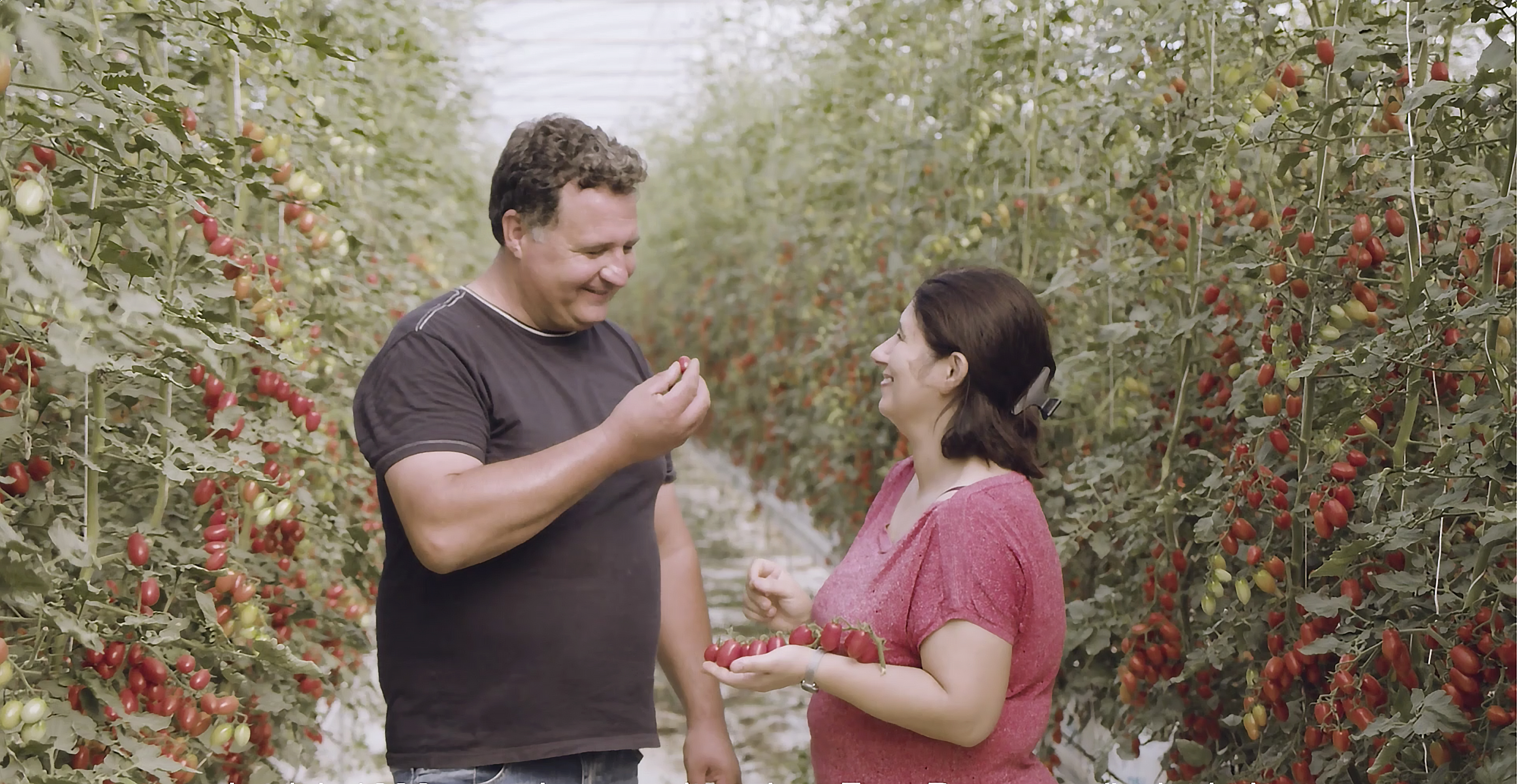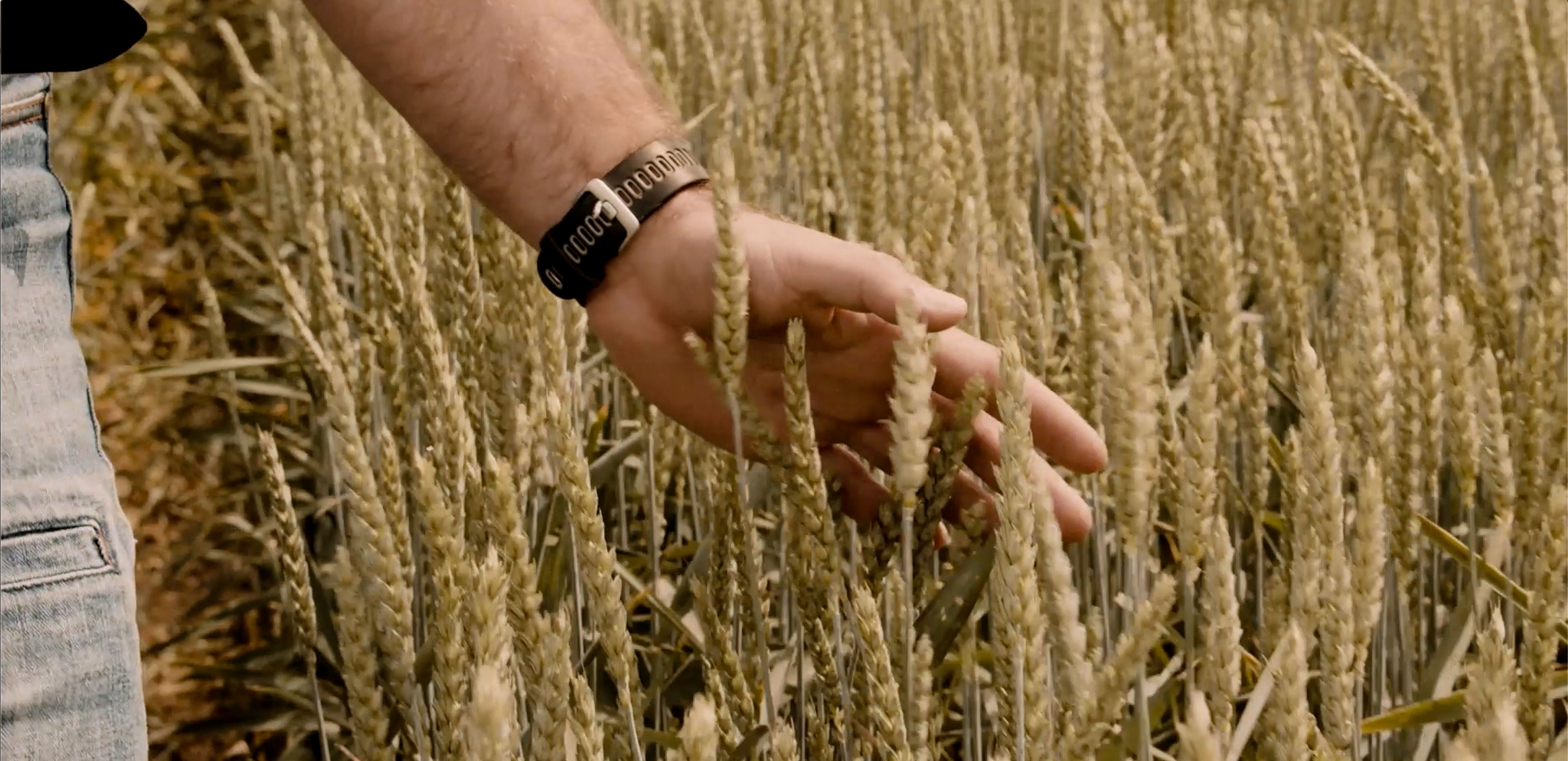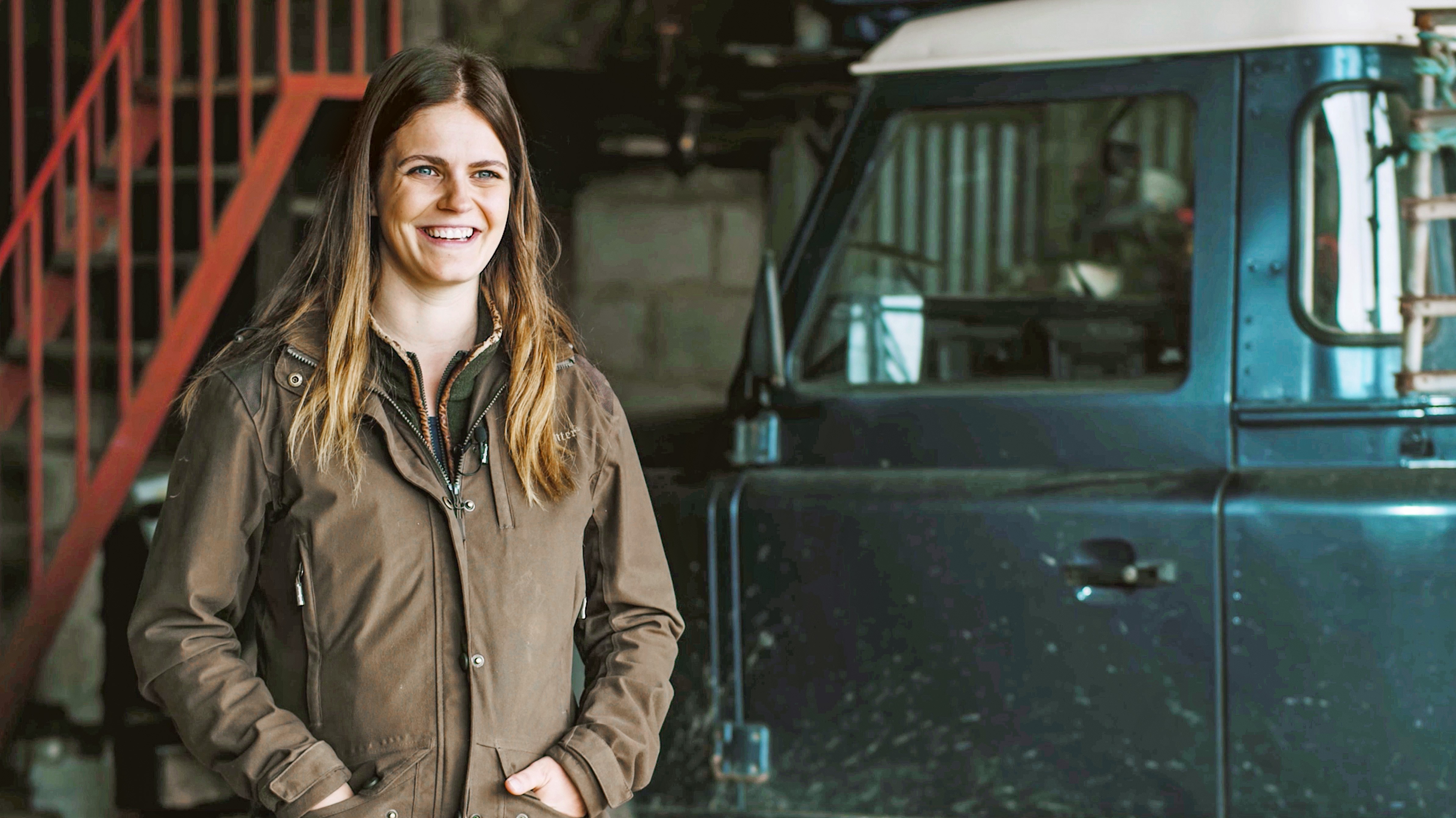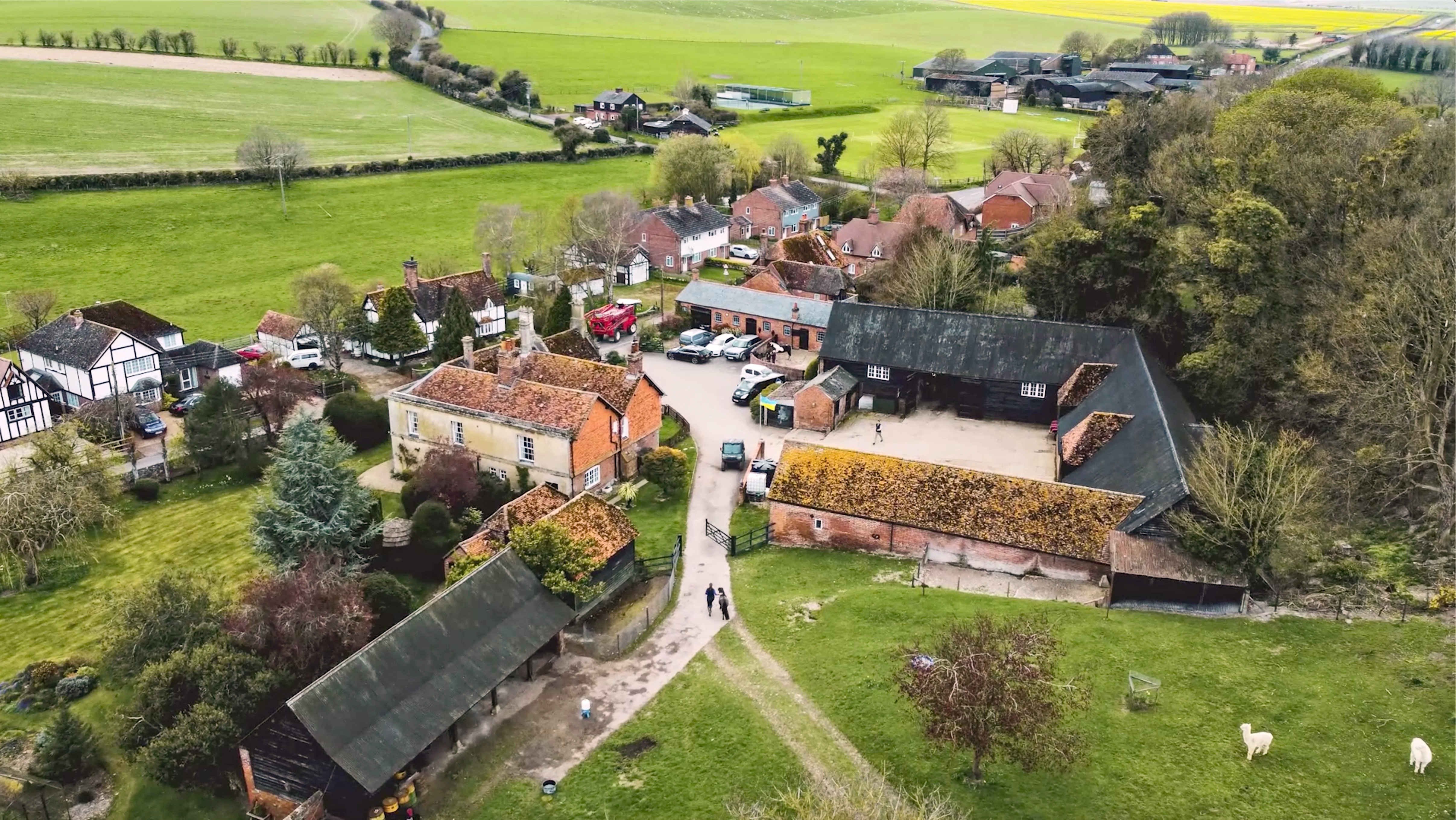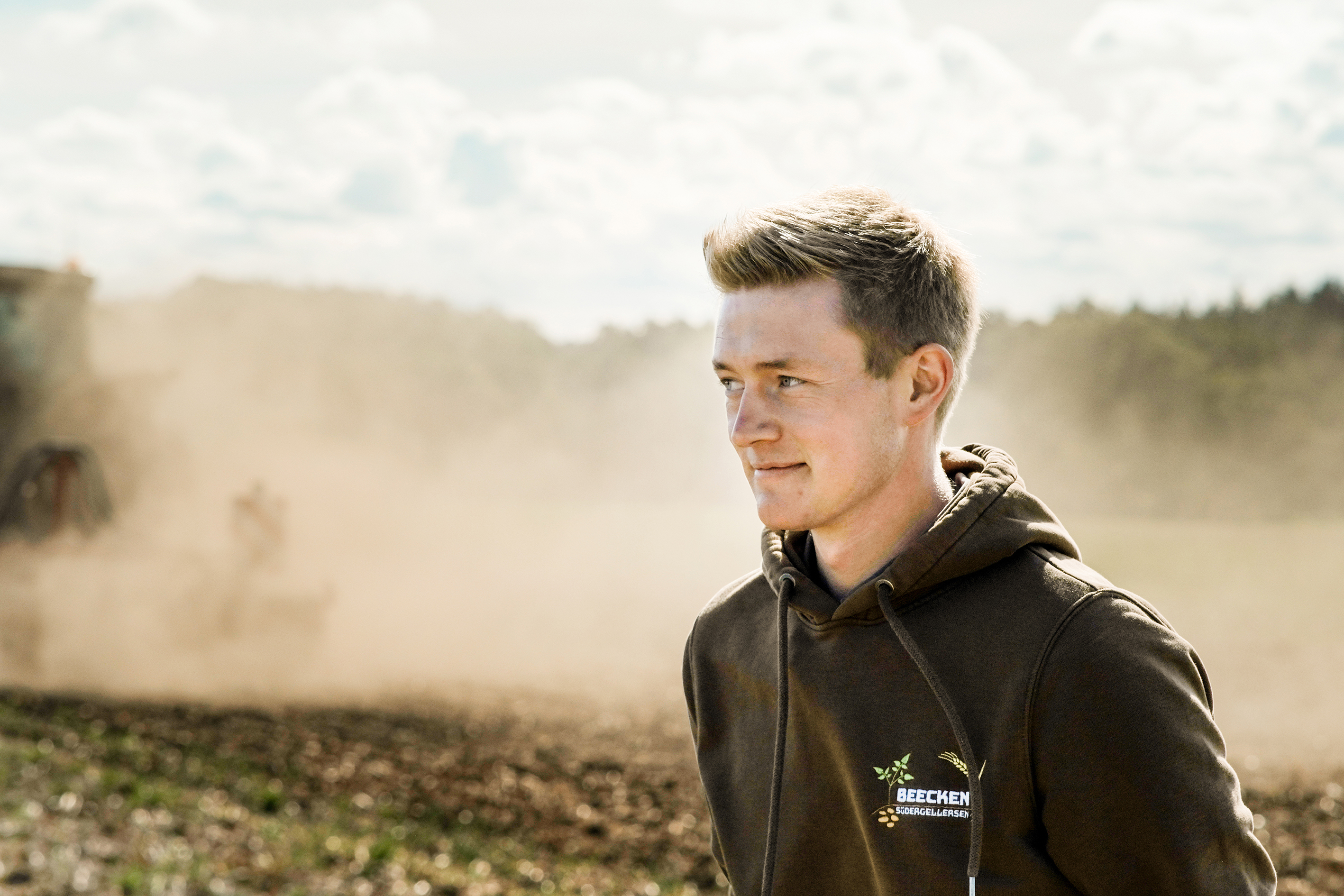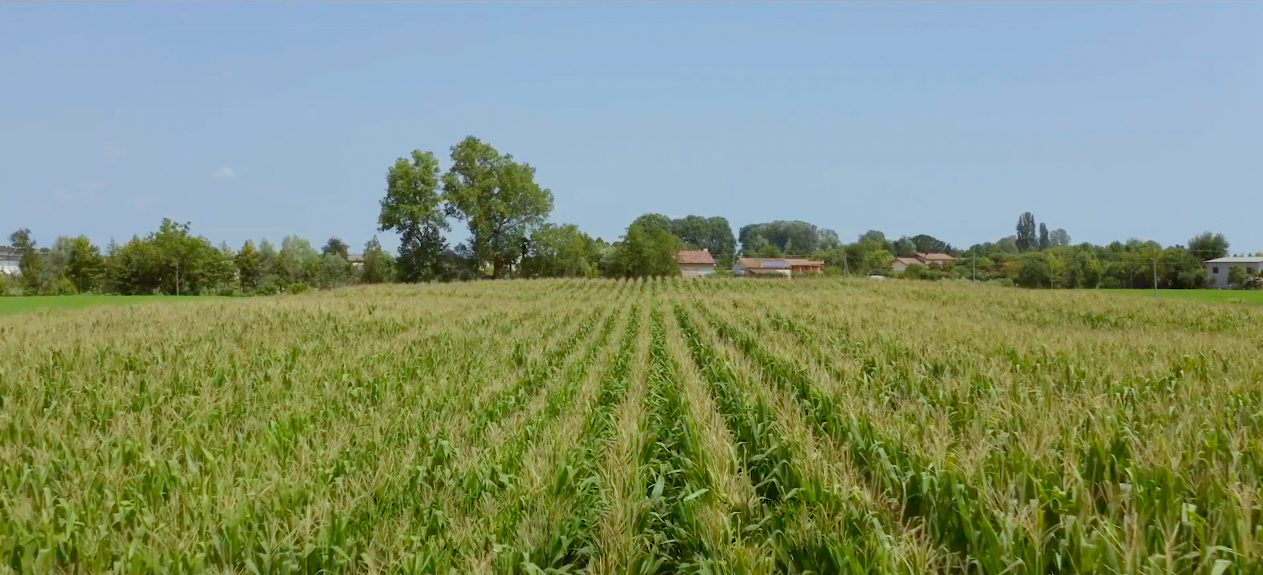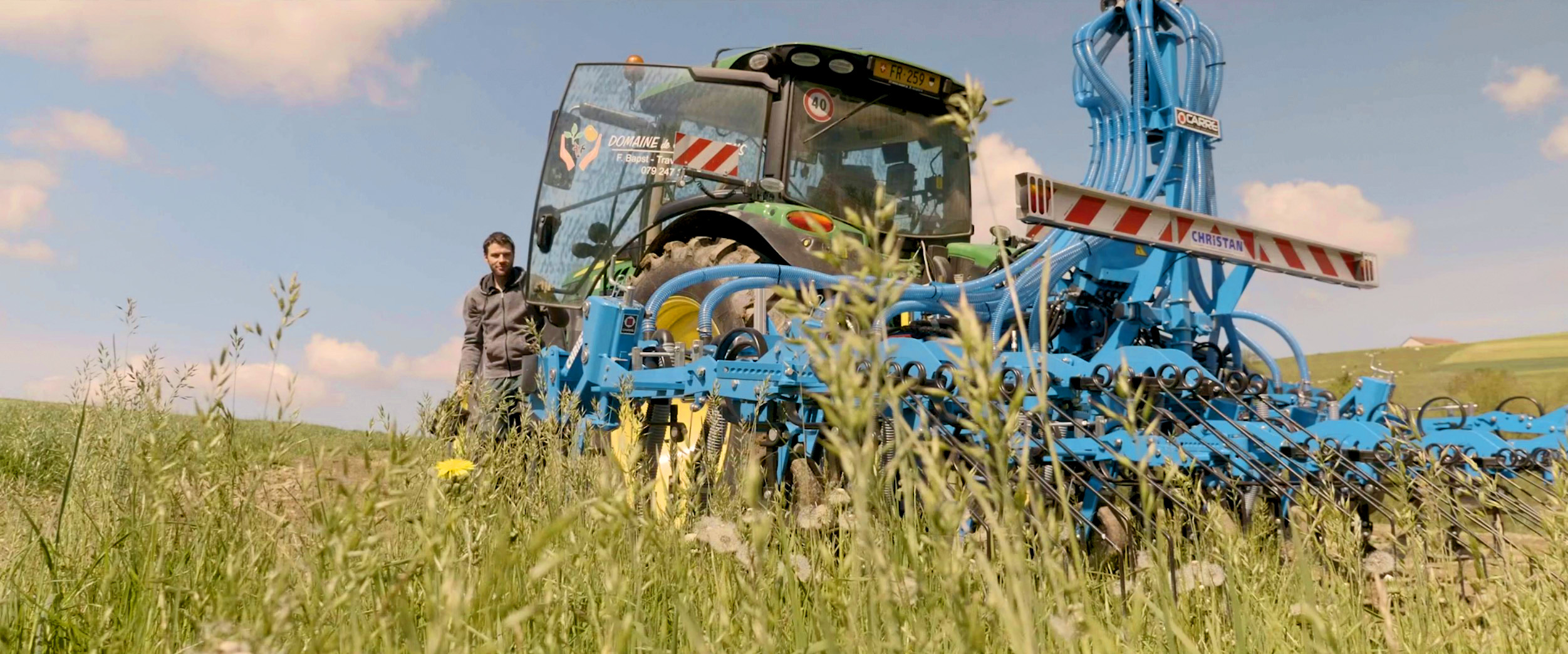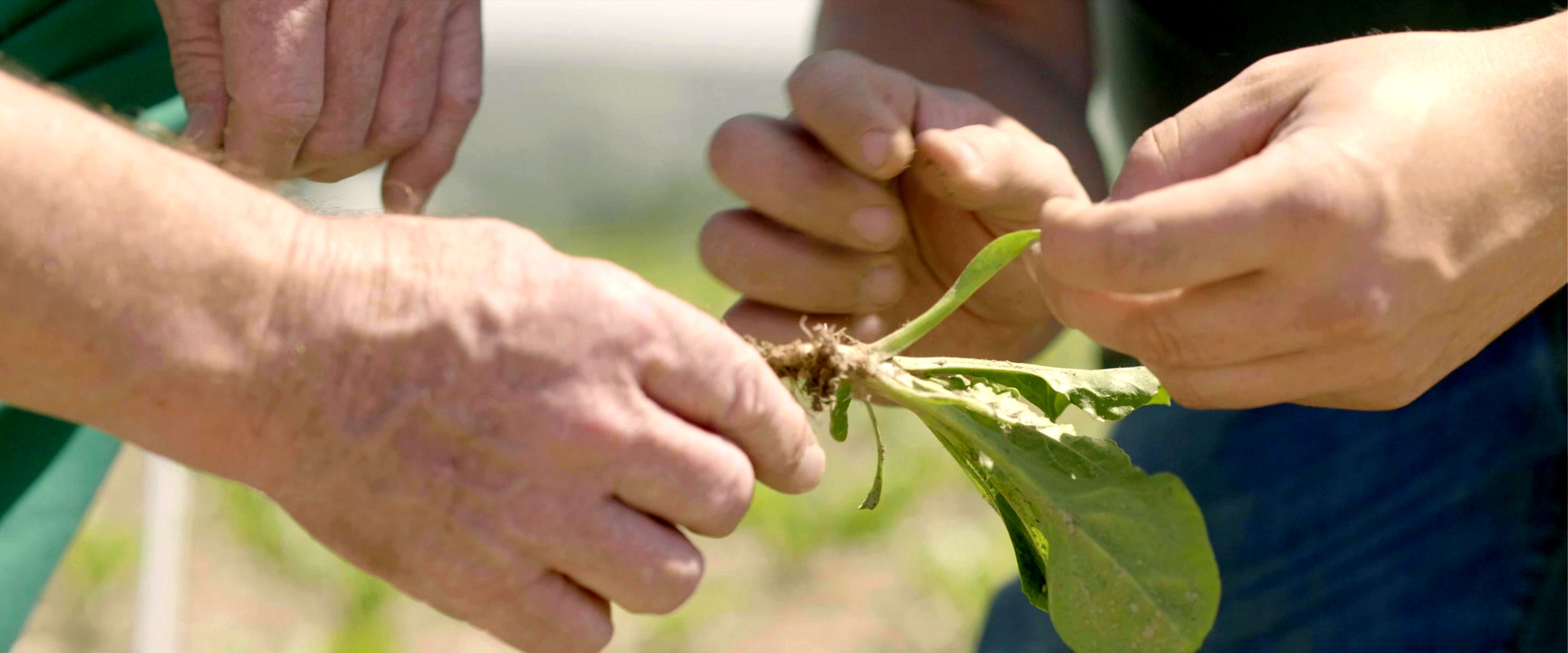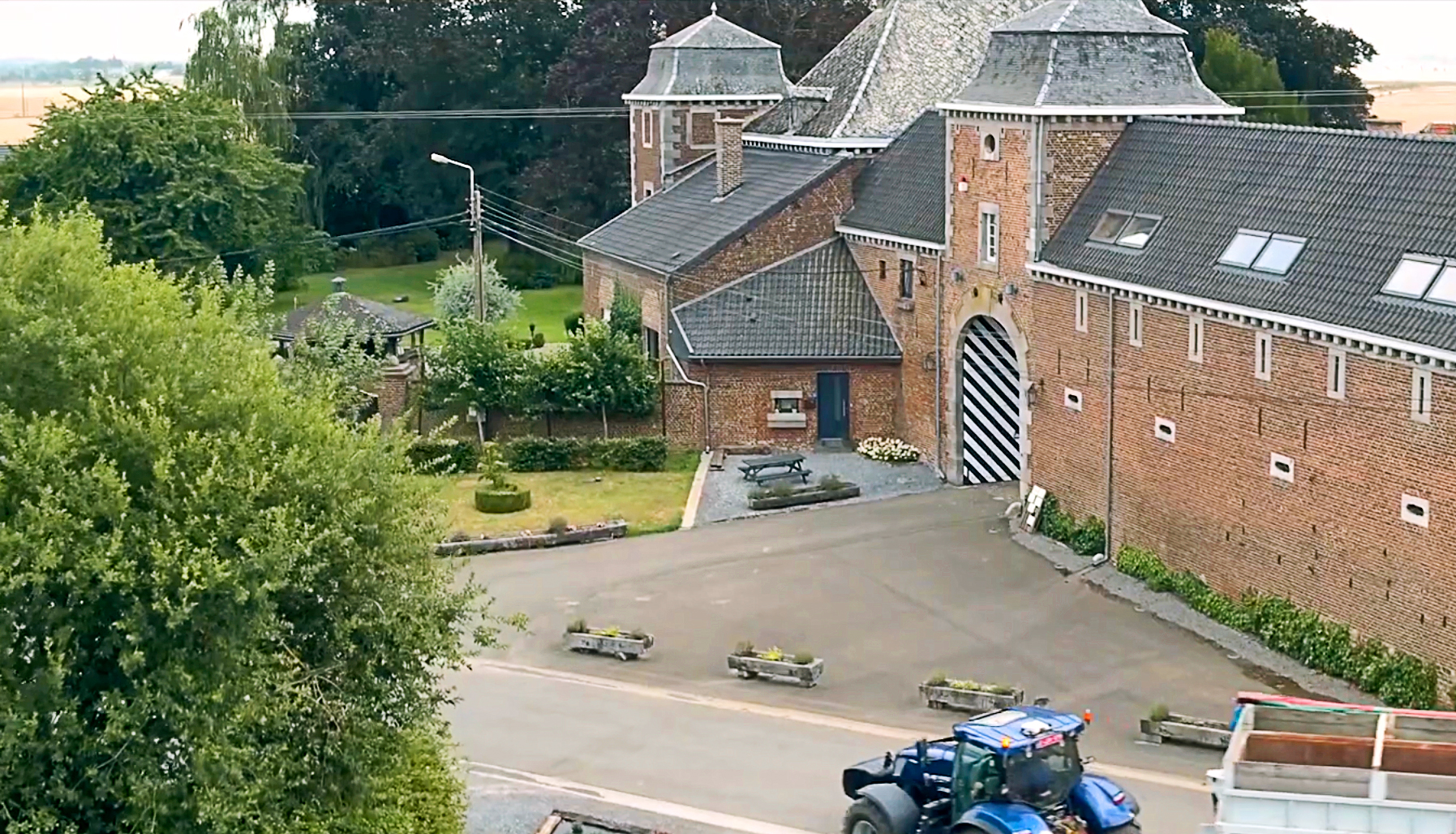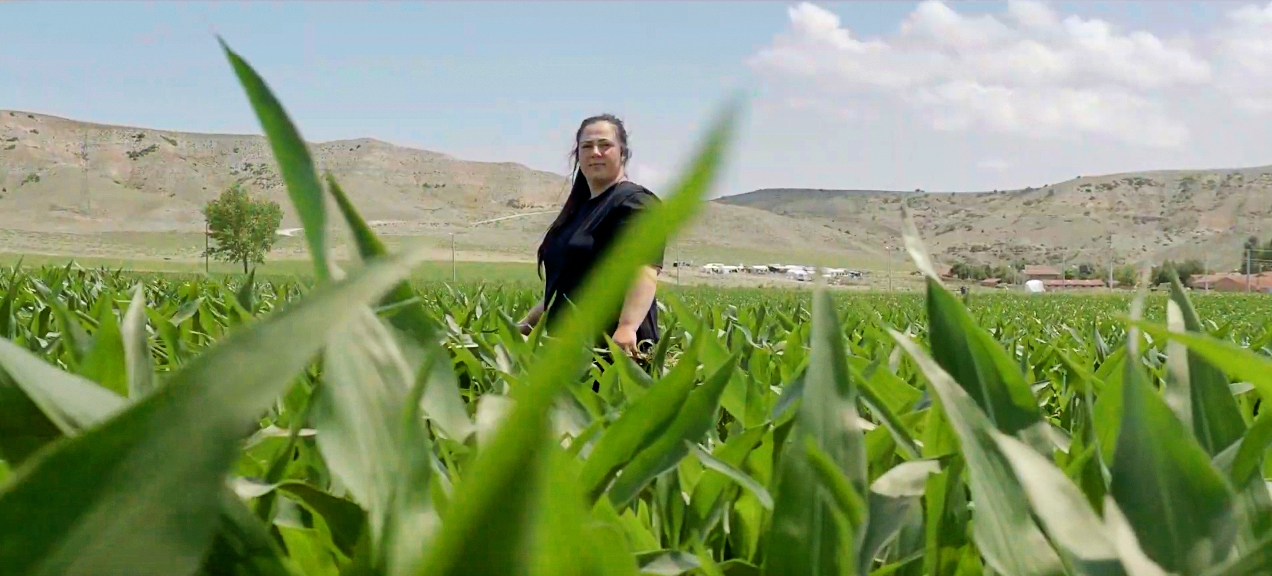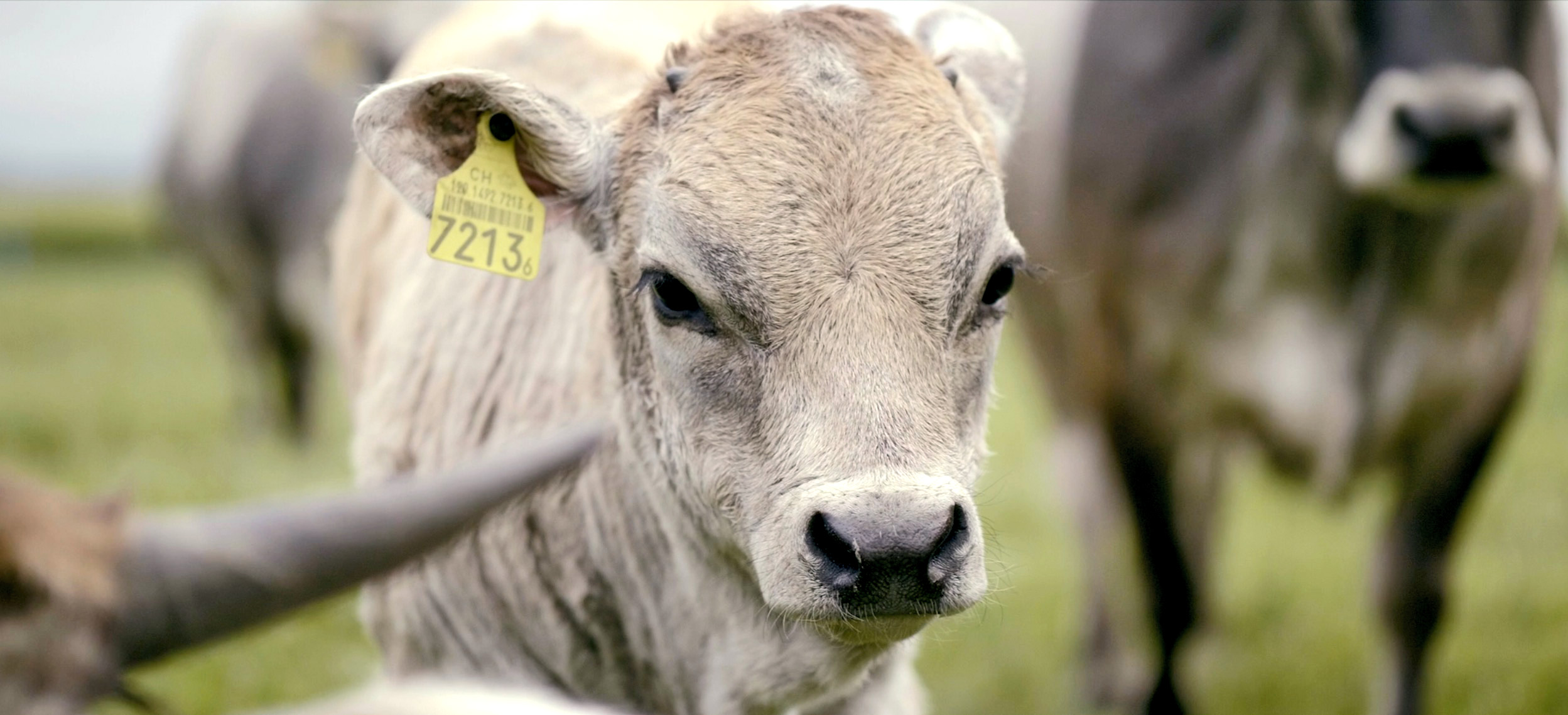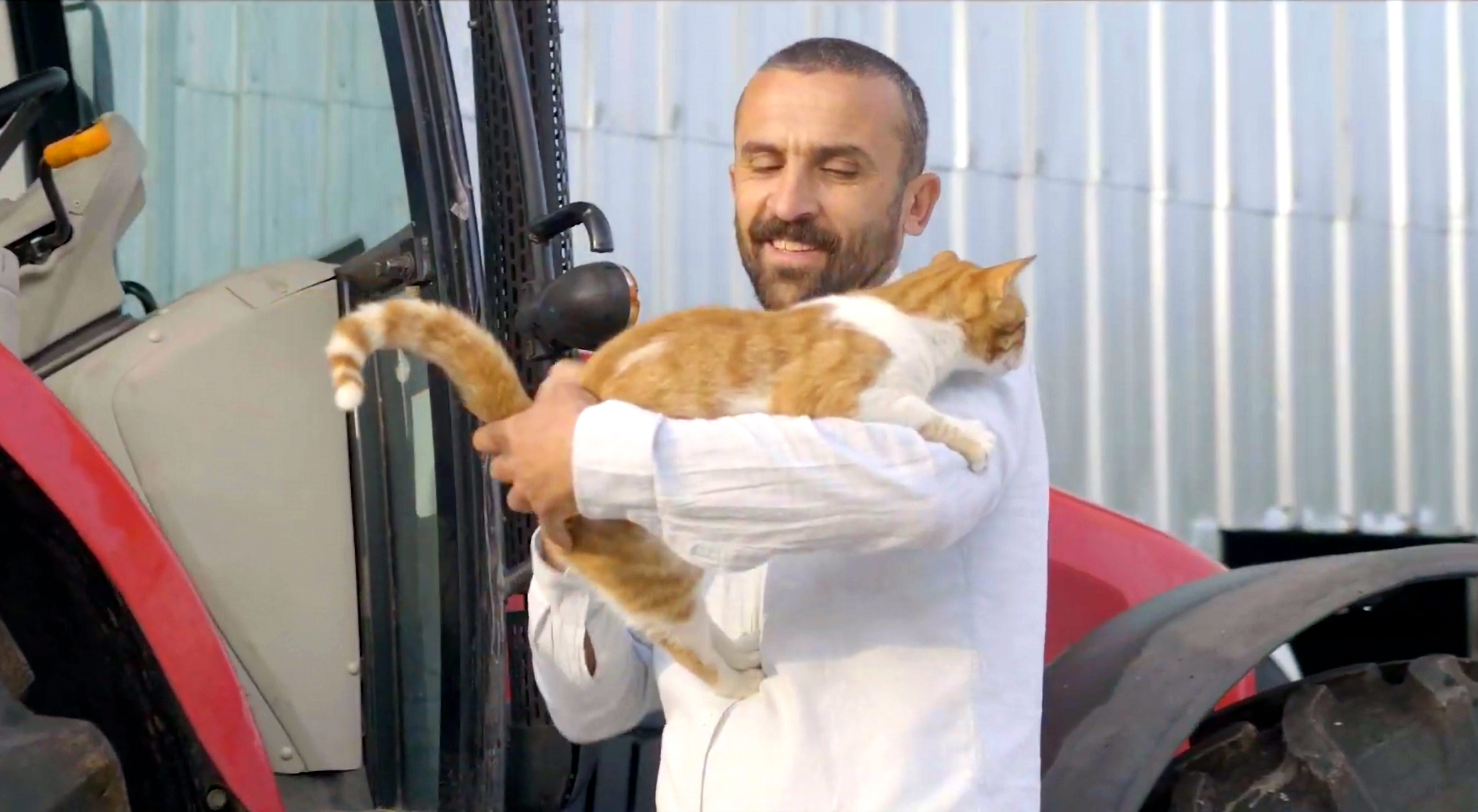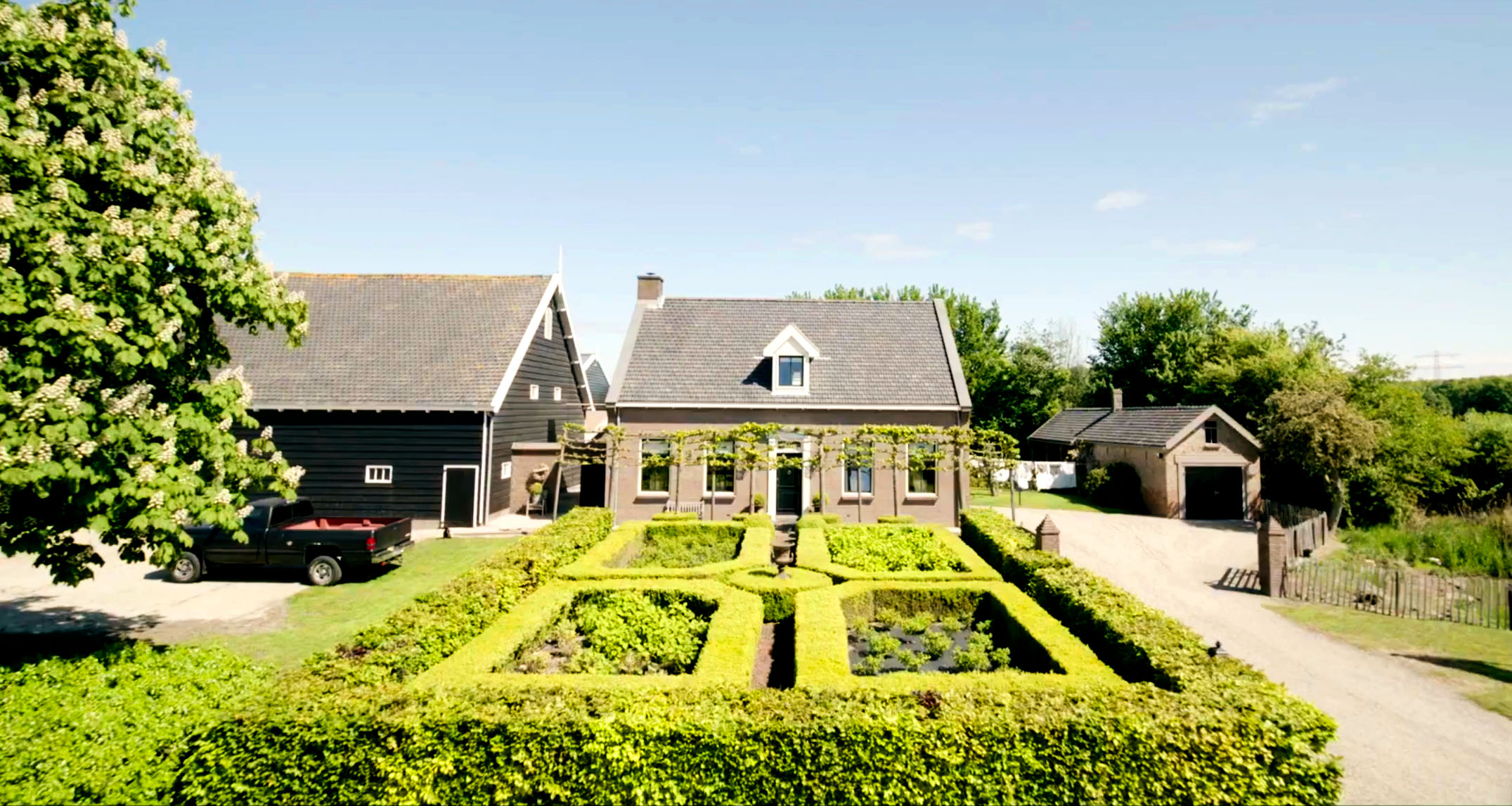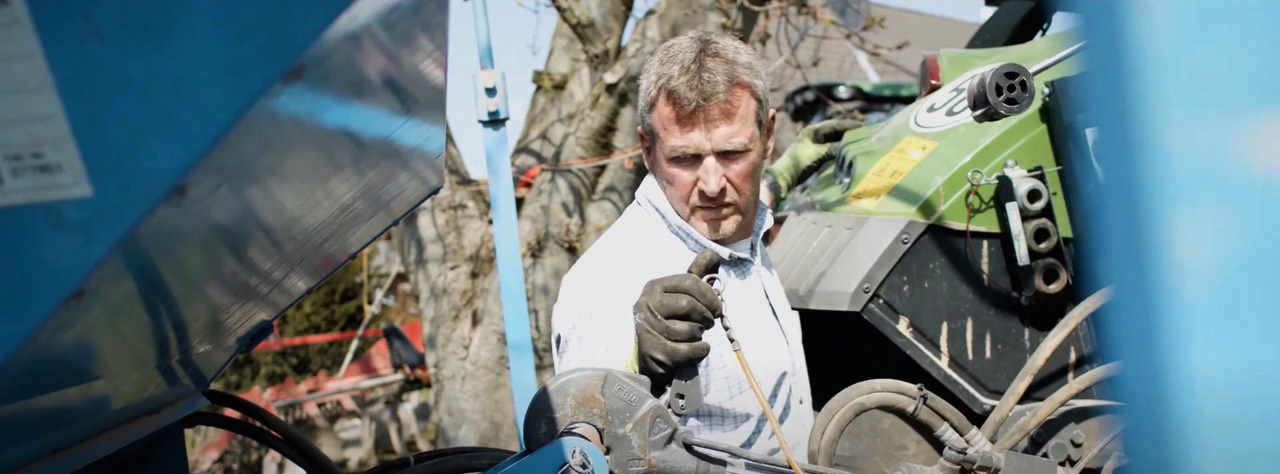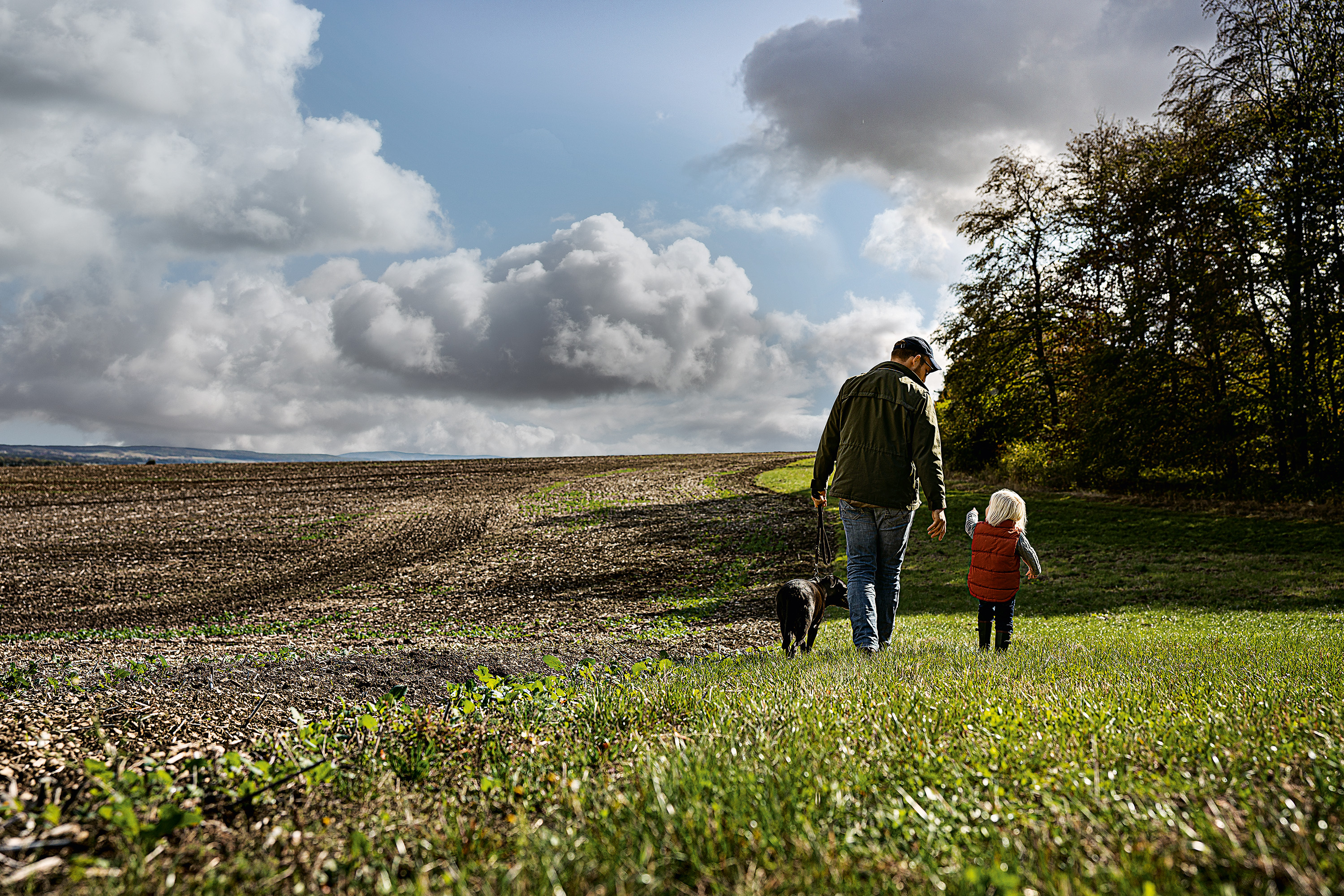Farming insider: Riccardo Casarotto, Italy
About Riccardo
His grandparents founded the farm, his father took over after them, and Riccardo Casarotto is now writing the next chapter of the "Società Agricola Le Pitture" as the third generation to do so. The farm, located in the Veneto region, has two sites – one in Villafranca Padovana and the other in Camisano Vicentino. As a father of two girls, having his family at work with him is crucially important, since they are his rock in difficult times.
Farm facts
Family-owned: for three generations.
Farm size: 50 hectares of owned land and 40 hectares leased, 400 dairy cattle
Cultivated crops: Corn for own use, alfalfa and autumn-winter crops for silage
Independence is a dream that we should all cultivate and pursue. Dreams are there to come true and to help you progress.
Question time
Why did you decide to become a farmer?
My father wanted to convince me not to follow him into farming. He made a lot of sacrifices, and he didn't want me to have to as well. I went to university to study mechanical engineering and material technology, but my passion for agriculture was ultimately stronger. After completing my first degree I completed another one in animal sciences and production, so that I could follow my true passion. That's something that still characterizes our business today: our devotion to our work and our passion for our animals.
How much do you enjoy your independence?
I chose to pursue this career because it gave me the opportunity to feel free. Free from a lot of things – even if the market dictates certain aspects, you do still get a bit of freedom. You're able to apply yourself and experience new adventures and emotions every day. Independence is a dream that all of us in the business aim to cultivate and pursue. It's hard to achieve, but I've never stopped dreaming of making progress in achieving real independence.
How important is teamwork to you in this context?
Teamwork is essential in this business. If we're all steering in the same direction, then we can achieve great things. If not, then we don't make any progress. Everybody must do all they can to develop further and naturally, I expect everyone to show they are continually putting in the effort.
How would you describe your relationship with your animals?
The relationship I have with my animals is defined by a very profound connection. We bring them into the world, we help them to grow, and we see to it that they remain well. It's in our own interests to treat the animals well, to ensure they are content. Ultimately, we also expect results from them – the moment of milking is the best time to see the fruits of our labor.
How do you approach innovations and new technologies?
As farmers and breeders, we need to keep developing. In 2014 we introduced a major change when we built our new cowshed and thus changed our work system too. We switched to herd management in groups, whereby we came to rely more on technology, using it to help us manage the herd and monitor the animals more effectively. Now we know how each individual dairy cow is behaving. We monitor lots of figures and datasets, and the use of technology is crucial here. Technological progress is important, because we are delivering series of figures we can then compare with one another in order to understand where we can still make improvements and how we can ultimately achieve a greater profit margin. We are also planning construction of a biomass power plant in order to make use of the animal waste and to complete the cycle of our operation.
How do you view the challanges of the future?
It is very important to think about what you´re doing and whether you´re doing the right things and pursuing the right path each and every day – less for yourself, but more for those around you. It´s also very important to question your own decisions and to consider and reflect on whether you´re really doing the best you can and making the best choises for your family, your parents and your colleagues. That said, my family allows me to feel a lot more relaxed about the future because they support me in everything I do – both morally and physically.
On the road worldwide. Always closeby.
All farmers have their own character - which is reflected in their way of life, philosophy and the form of farming and livestock breeding. We visited our farmers around the world and wanted to know what makes them successful, what they stand for and what challenges they have to face. A journey across five continents.
Your contact
